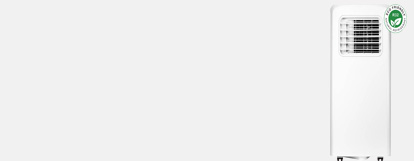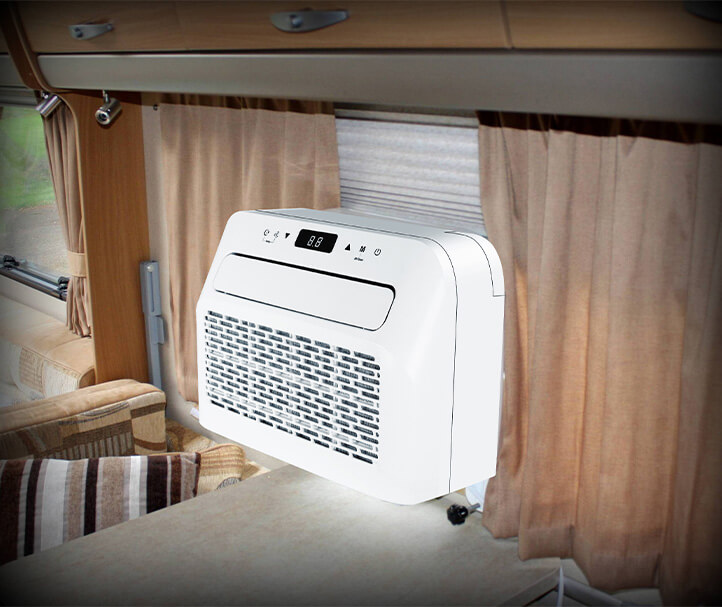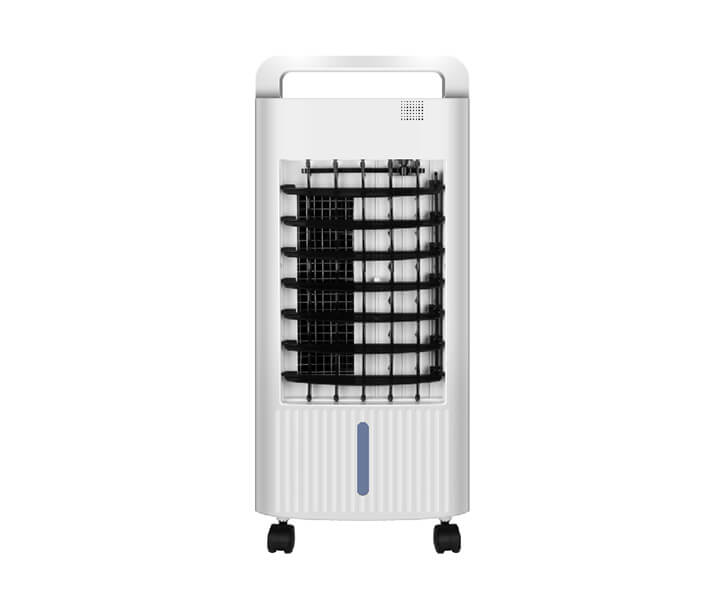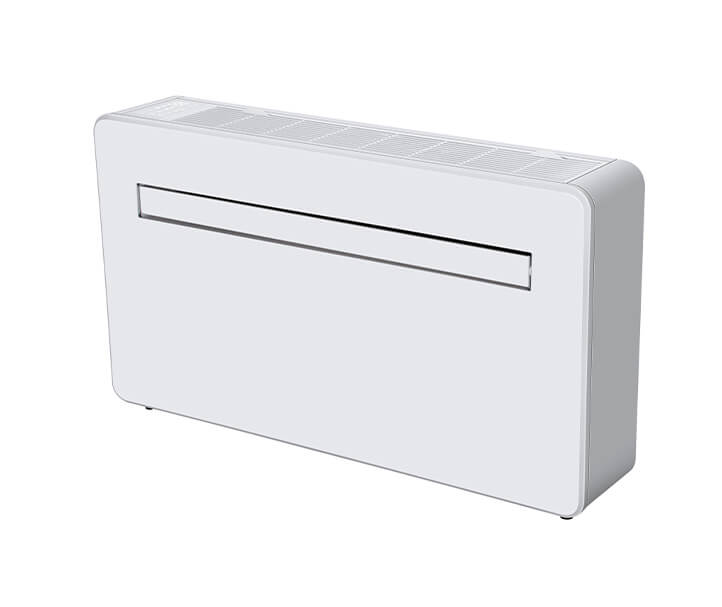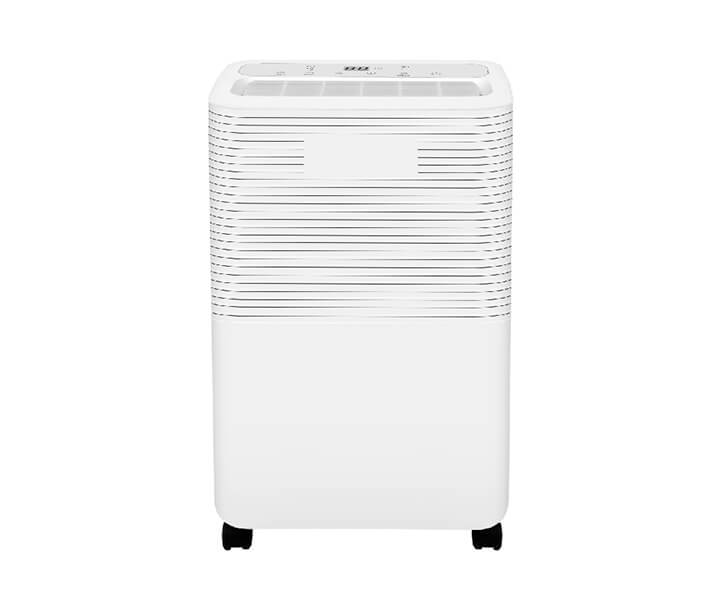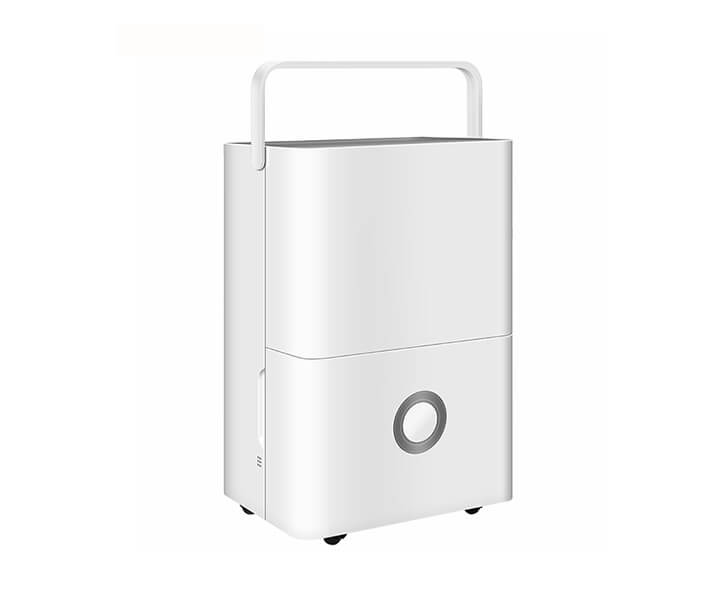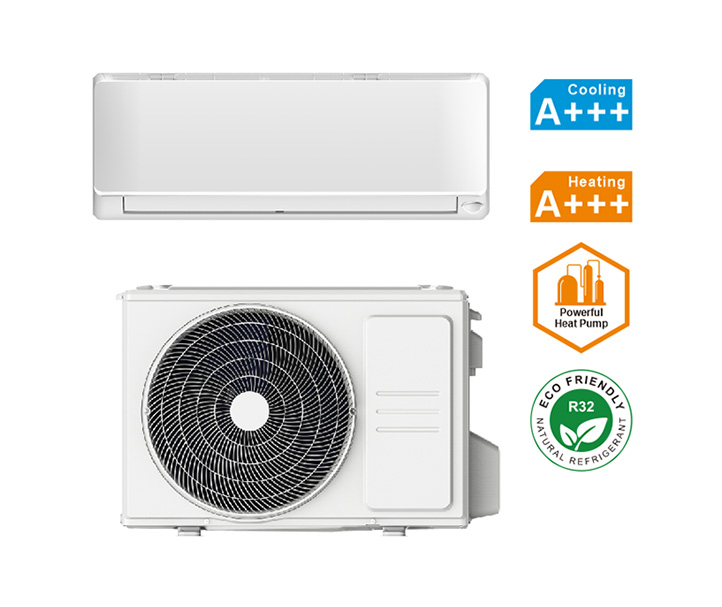
Energy Consumption Analysis and Optimization Suggestions for RV Air Conditioning
2023-07-12 13:01:39
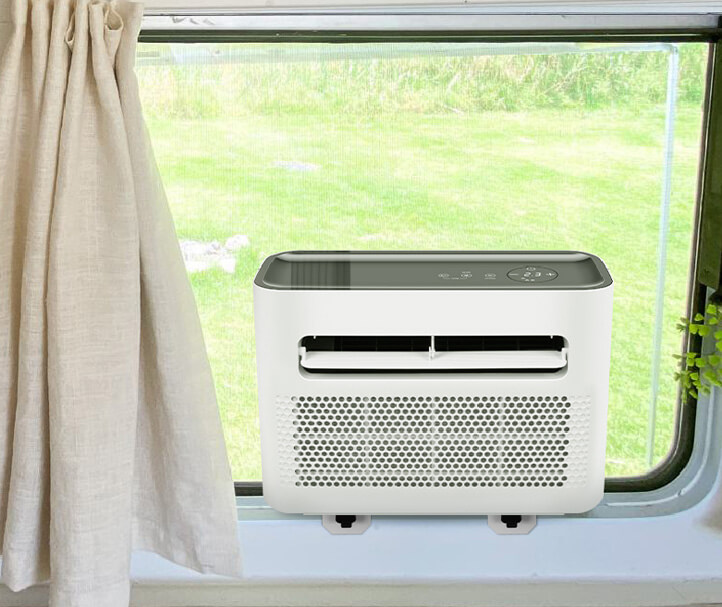
Energy consumption in recreational vehicles (RVs) poses an ongoing concern due to the limited power capacity and the need for efficient utilization of available resources. This article aims to analyze the energy consumption patterns of RV air conditioning systems and provides optimization suggestions to enhance energy efficiency and prolong battery life.
Understanding Current Energy Consumption Patterns
RV air conditioning units are essential for maintaining a comfortable indoor environment during travel and camping. However, these systems can be significant consumers of energy, placing a strain on the vehicle's power supply. It is crucial to understand the factors that contribute to energy consumption in order to identify areas for optimization.
- 1. Cooling Capacity: The size and efficiency of the RV air conditioning unit directly impact energy consumption. Units with higher cooling capacities tend to consume more energy.
- 2. Ambient Temperature: The external temperature affects the AC system's workload. Cooling larger temperature differentials requires more energy.
- 3. Insulation: The insulation quality of the RV plays a critical role in reducing energy loss. Improved insulation can minimize the workload on the air conditioning system.
- 4. Air Leakage: Unwanted air leaks within the RV can offset the cooling effect, causing the air conditioning system to work harder and consume more energy.
- 5. Operating Duration: Prolonged use of the RV air conditioning system will inevitably result in increased energy consumption. It is crucial to balance comfort with energy conservation.
Optimization Measures for Enhanced Energy Efficiency
To optimize energy consumption and enhance the overall efficiency of RV air conditioning systems, consider implementing the following measures:
1. Proper System Sizing and Maintenance
Choosing the right-sized air conditioning unit for your RV is paramount. An oversized unit will cycle on and off frequently, wasting energy, while an undersized unit will struggle to meet cooling demands. Regular maintenance, such as cleaning filters and coils, can also improve the unit's performance.
2. Temperature and Usage Control
Consider utilizing programmable thermostats or timers to regulate the temperature and usage of your RV air conditioning system. This ensures optimal cooling when needed while reducing unnecessary energy consumption during periods of lower occupancy or mild outdoor temperatures.
3. Insulation and Air Sealing
Invest in high-quality insulation materials to minimize heat transfer and reduce the workload on the air conditioning system. Additionally, regularly inspect and seal any air leaks within the RV to avoid unnecessary energy loss.
Conclusion
Energy consumption analysis and optimization for RV air conditioning play a vital role in ensuring a comfortable and sustainable traveling experience. By understanding the factors influencing energy consumption and implementing appropriate measures, RV owners can significantly reduce overall energy usage, extend battery life, and promote eco-friendly camping practices.
Get the latest price? We'll respond as soon as possible(within 12 hours)

